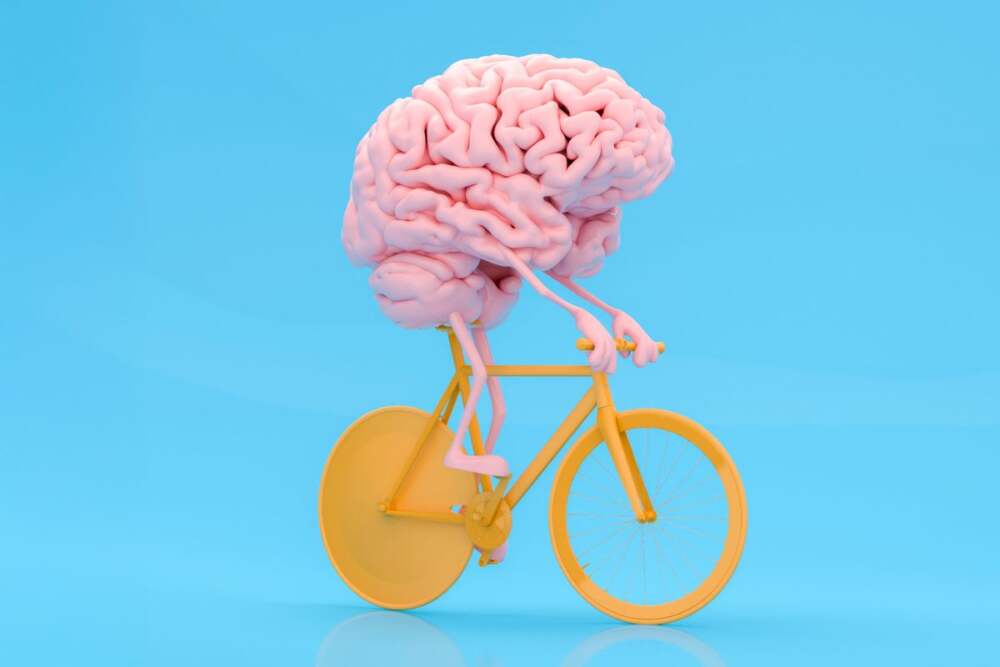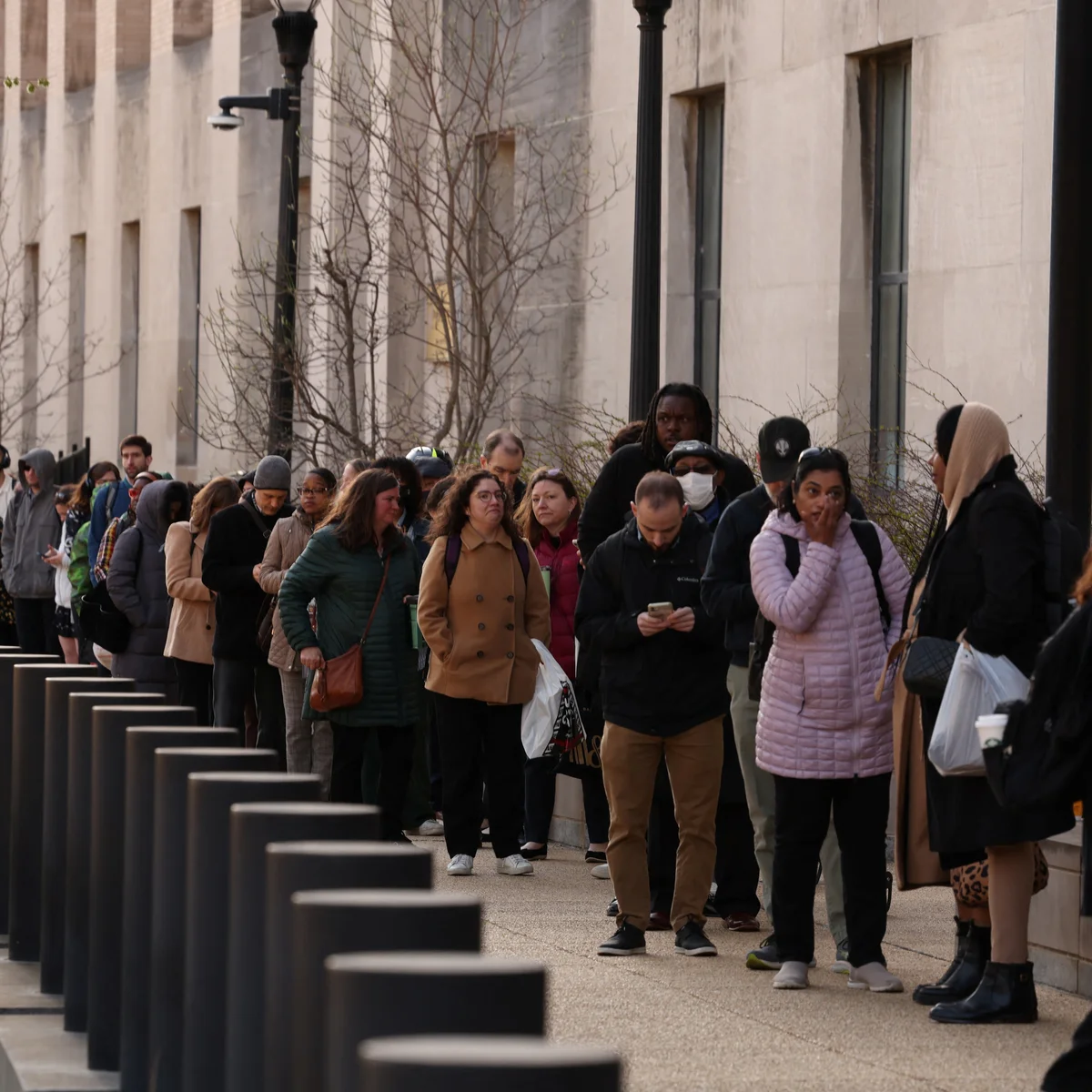A large new study suggests that hopping on a bicycle more often—especially for everyday travel—might do more than just help you stay fit. It may also protect your brain.
What the Study Found
- Researchers followed nearly half a million middle-aged adults, tracking how they moved around (cars, public transport, walking, or cycling) and whether they developed dementia, including Alzheimer’s, over more than a decade.
- People who used cycling (or cycling combined with other modes of travel) had about a 19% lower risk of developing any kind of dementia compared to those who relied on non-active travel (cars, buses, etc.). Alzheimer’s disease risk dropped by around 22% for cyclists.
- The benefit was even more dramatic for younger-onset dementia (before age 65), where cycling was associated with a roughly 40% lower risk.
What Happens in the Brain
- Brain imaging in subsets of the group revealed that cyclists, or those combining cycling with other transport, tended to have larger volumes of grey matter in certain brain regions. The hippocampus, important for memory, stood out.
- The findings suggest that cycling does more than just boost cardiovascular health; it might also stimulate brain regions responsible for memory and spatial reasoning. Cycling requires coordination, navigation, balance—all of which may help preserve these functions.
What It Means for Everyday Life
- Using a bicycle for commuting or daily tasks—if feasible—might be one of the simplest tools people can use to bolster brain health. Even mixing cycling with walking and other active modes seems helpful.
- It adds to growing evidence that staying physically active, even in small or moderate amounts, has long-term benefits beyond muscles and the heart—including mental sharpness and slowing cognitive decline.
- Though genetics and other risk factors (like family history or certain gene variants) still matter, this study suggests cycling provides benefit even after accounting for them.
Caveats & What We Don’t Know
- The study is observational. That means it shows correlation, not definite proof that cycling causes the lower risk. Some people who cycle may also have other healthy lifestyle habits (better diets, fewer health issues, etc.).
- The measurement of “how often people cycled” came from self-reports. People’s memories or descriptions of their commuting habits might not always be perfectly accurate.
- The benefit appeared less robust for those with certain high genetic risks, meaning cycling may not fully offset some inherited risks.
- The study population leans toward people in certain demographics; whether the same risk-reduction holds in different geographies, economic settings, or among people with different baseline health conditions is an open question.
Takeaway
Cycling looks like more than just a way to beat traffic or get outdoors—it could be a powerful, accessible tool in preserving brain health. For people who can make it part of their routine, it may reduce the odds of dementia, delay its onset, and support mental functions as they age.
















Leave a Reply